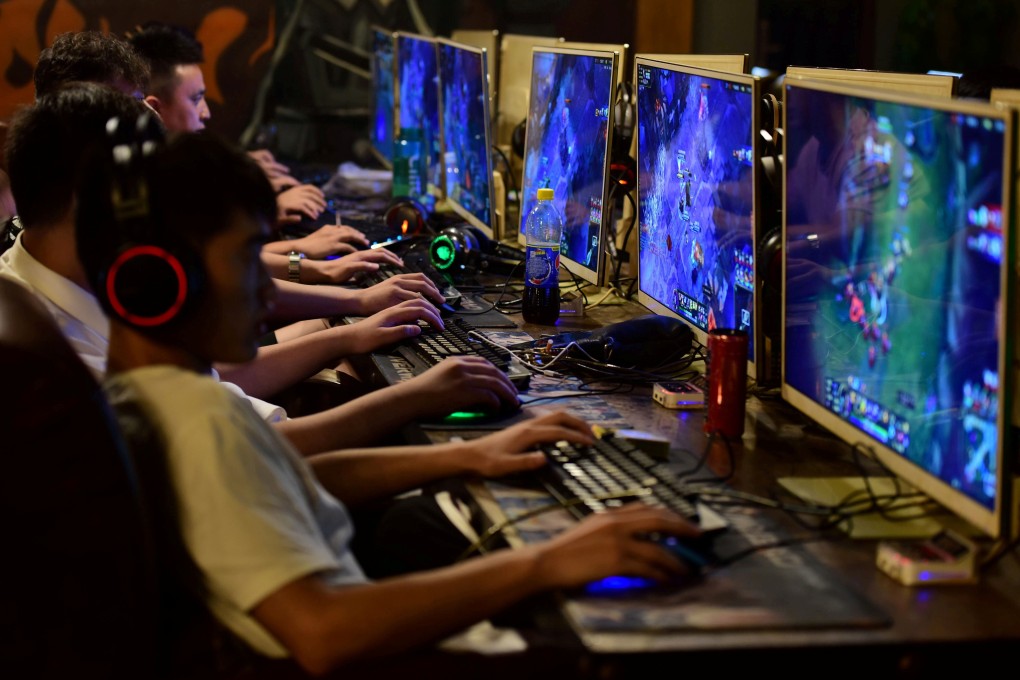Advertisement
China’s tightened limits for kids’ gaming time raise questions about tolerance for foreign platforms, VPNs
- The new rule is expected to steer young people to find alternative platforms on which to play without restriction
- The grey area for video gaming in China remains significant, as many consumers play unlicensed games on international platforms such as Steam
Reading Time:3 minutes
Why you can trust SCMP
3

China’s latest rule to tighten limits on the time spent by kids on video gaming is raising fresh questions about how Beijing has long turned a blind eye on the grey area of unlicensed games accessible on foreign platforms.
On Monday, the National Press and Publication Administration, China’s top watchdog for gaming and other forms of online media, issued a new rule limiting gaming time for players aged under 18 to between 8pm and 9pm only on Fridays, Saturdays, Sundays and statutory holidays. It marked the country’s most stringent measure yet to tackle video gaming addiction among young people.
The new rule, however, is expected to steer young people to find alternative platforms on which to play without such restriction.
Advertisement
Beijing’s latest move will “100 per cent” drive more young players to unregulated foreign games and platforms, according to Warren Lee, technical director at esports company Hexing Global.
“Gamers will find a way,” Lee said. “If a domestic solution is impossible then you cannot fault consumers from looking outwards.”
Advertisement

Advertisement
Select Voice
Select Speed
1.00x